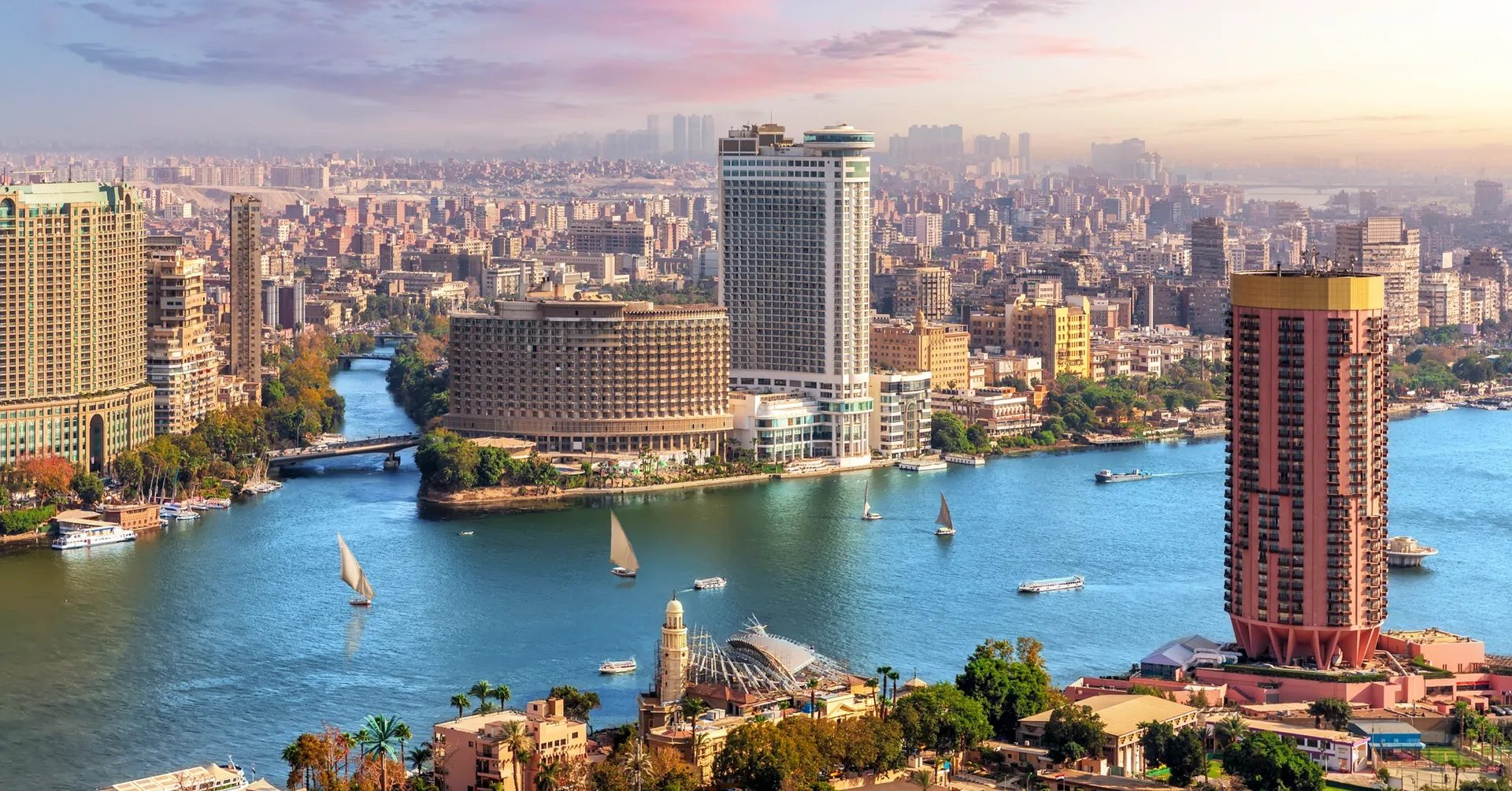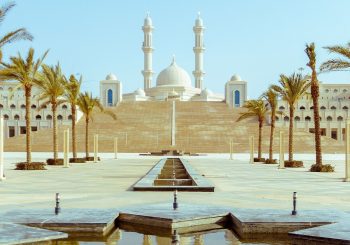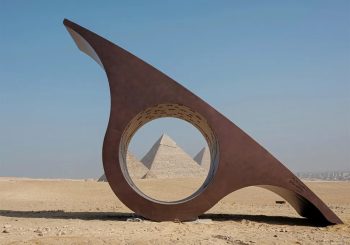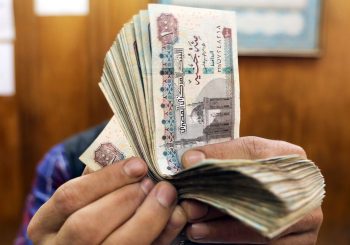The West, long viewed by Egyptians as a beacon of democracy, economic opportunity, and cultural aspiration, has lost much of its appeal. Instead, skepticism and disillusionment are reshaping how Egyptians see the Western world.
The dreams of Western ideals, progress, and opportunity seemed within reach for many Egyptians years ago. According to a 2014 survey by the Central Agency for Public Mobilization and Statistics (CAPMAS), 17.2 percent of Egyptians aged 15 to 29 wanted to leave the country, a slight drop from 18.3 percent in 2009.
Today, however, that optimism has faded, driven by political fragmentation marked by the rise of both far-left and far-right movements as well as the ongoing war in Gaza.
While Western governments continue to champion democracy and human rights in principle, their unwavering backing of Israel has led many to question the sincerity of those values. The perceived hypocrisy has deepened public skepticism toward Western intentions, casting doubt on the moral authority such nations claim to uphold.
“The double standards in foreign policy have become impossible to stomach,” Ahmed Atallah, a 40-year-old software engineer who emigrated to the United States in 2008, told Egyptian Streets.
The growing wave of anti-Muslim sentiment has deepened his disillusionment with Western society. According to the Council on American-Islamic Relations, 8,658 complaints of anti-Muslim and anti-Arab incidents were received in 2024 in the USA, a 7.4 percent increase from the year before and the highest number recorded since 1996.
“How can a country claim to uphold democracy and defend the right to freedom while treating Arabs as second-class citizens and denying Muslims equal dignity?” Atallah wondered.
With dreams of achieving the American dream, he once saw the U.S. as the land of freedom and innovation, but the past few years have changed his perspective. Western capitalism, once a symbol of opportunity, now seemed to him extractive and cold, especially as for many Americans, the promise of the American dream is slipping further away.
Feeling alienated, Atallah is planning to return to Egypt within the year to “help build something that belongs to us [Egyptians].”
The ongoing war in Gaza, which erupted in October 2023, has brought staggering human and economic devastation, with ripple effects in Egypt and the MENA region.
According to Gaza’s Health Ministry, at least 57,882 Palestinians were killed, with 138,095 wounded. Women, children, and elders lost their lives under the debris of their homes, hospitals, mosques, and churches.
As Western governments continue to support Israel amid mounting civilian casualties in Palestine, the double standards have become increasingly glaring to Egyptians. For nations that preach equality and human rights, their support for Israel reveals hypocrisy and suggests ethno-religious discrimination.
Beyond the war’s moral weight, it has also dealt a severe economic blow to Egypt and neighboring countries. Already burdened by the economic fallout of the pandemic and the war in Ukraine, Egypt faced renewed strain as the conflict in Gaza deepened. With its economy heavily reliant on revenue streams of tourism, Suez Canal traffic, and remittances, the country remains vulnerable to external shocks. As the violence grinds on, the pressure on Egypt’s limited resources continues to mount.
The US, France, Germany, the UK, and Canada, as well as international organizations, have been turning a blind eye to Israel’s actions and its role in regional crises. The failure of wealthier powers to halt the suffering in Gaza has further discredited the idea that democracy leads to peace and progress, casting the West as complicit in the region’s turmoil.
As a result, its image has been deeply eroded, leaving many to question whether the Western model, built on political, economic, and social frameworks rooted in ideas like rationalism, individual rights, and economic liberalism, remains relevant or desirable for their future. One of those individuals is Maha Maher, 33, who moved to London over a decade ago to study international law.
At first, she was drawn to the diverse opportunities the United Kingdom (UK) could provide her, from high-quality education to job opportunities.
“It was great. I had a blast studying there, and I love my job,” she told Egyptian Streets, noting that while she valued exploring a new culture and a new continent, she mostly felt like a stranger, and in recent years, she has grown disillusioned.
“I used to believe I had endless opportunities and freedom, but I will always be a minority, and that has been proven time and time again,” she said. “The UK’s support for Israel during the Gaza war made it clear that human rights aren’t guaranteed for all, but are often used as political tools.”
This sentiment is widely shared, as the West is increasingly seen as serving its own interests rather than universal ideals, revealing that the Western model of democracy, once embraced by Egyptian intellectuals and activists, now appears to function more as a tool for political pressure.
Maher added that persistent Islamophobia in British society, evident in the racist riots in the summer of 2024, became increasingly difficult to ignore as she raised her two children. She now feels a deep pull to return to Egypt and raise her family in a country where their identity is not seen as a liability.
Sharing a similar perspective is Nour Ezzeldin, a 27-year-old who left Alexandria to study media in Berlin, drawn by Germany’s reputation for social justice and free expression. Yet, during her time in the German capital, she began to feel increasingly disenchanted.
“It became obvious that freedom is conditional here,” she told Egyptian Streets, pointing to the silencing of pro-Palestinian voices during the Israeli-Palestinian war.
“There’s a moral vacuum I didn’t expect. I came here to learn, but I now feel more committed to rebuilding Egypt’s cultural voice,” she shared, noting that she felt a cultural disconnect, a lack of warmth, community, and shared values in Germany, leaving her longing for home.
Ezzeldin plans to return to Egypt and use media to reflect Egyptian perspectives, free from Western filters.
As the West’s allure fades, it is no longer seen as the lodestar of progress and modernity. Instead, it is increasingly viewed with suspicion.
In their search for identity and prosperity, Egyptians are beginning to look inward and toward the future on their own soil.







Comments (0)